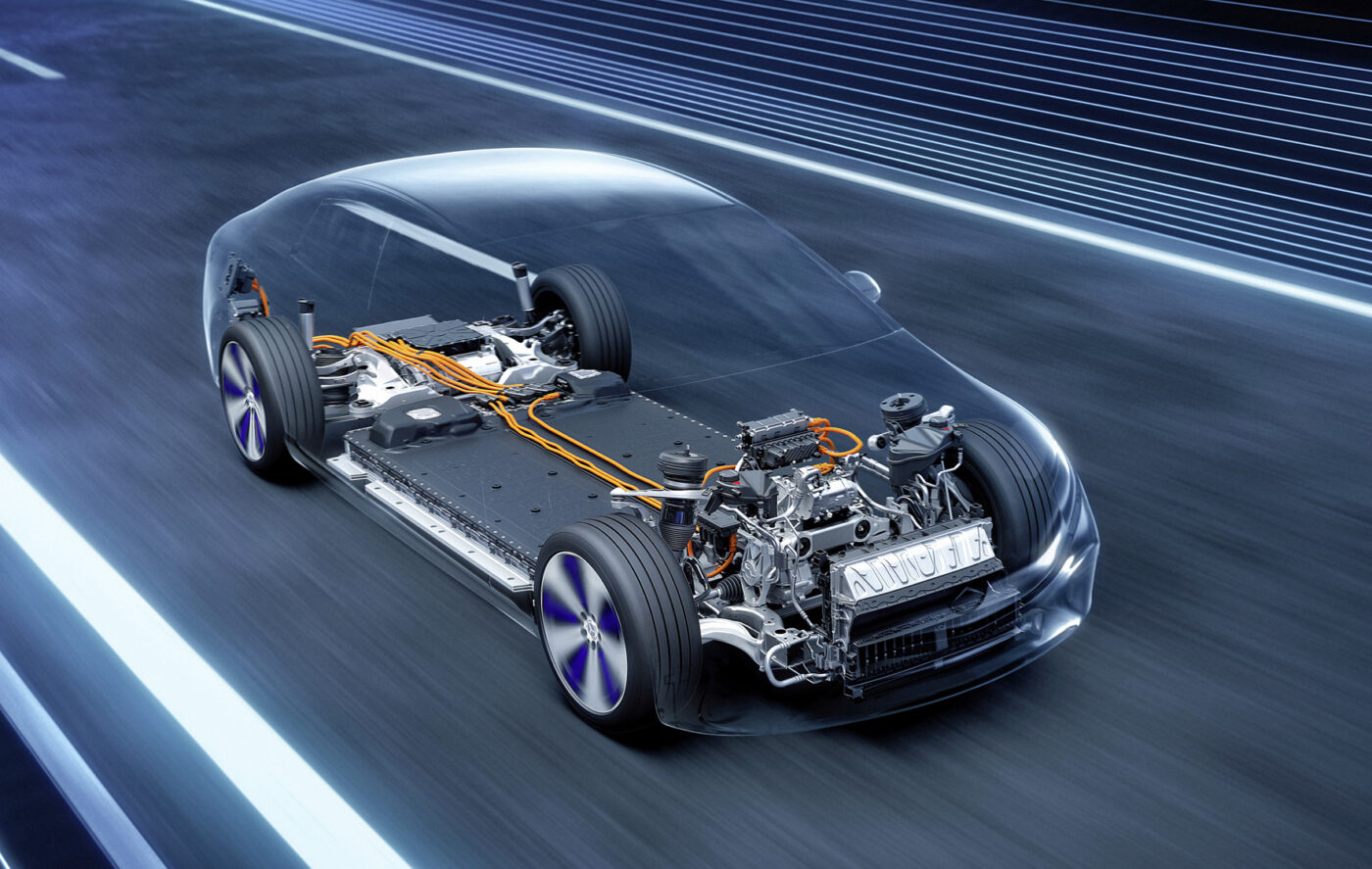Survey: short-circuiting electromobility
A representative survey by the AGVS and the ZHAW University of Applied Sciences has shown that knowledge about electromobility is surprisingly low. Those who think they know a lot about it often know particularly little.

As early as 2035, a majority of manufacturers want to offer only electric vehicles, and already today, all-electric vehicles (BEVs) comprise 16.1 percent of new car sales in this country. But what about knowledge so that the right purchase decision can be made?
Apparently, there is a lack of knowledge about electromobility. Manufacturers and the state therefore need to provide more information, and garages and the AGVS need to provide even more training, because according to a survey by the AGVS car trade association and the ZHAW University of Applied Sciences, around one fifth of those surveyed want to buy an e-car soon.
Overconfidence is widespread
To determine these facts, the AGVS and the Institute for Business Informatics at the School of Management and Law of the Zurich University of Applied Sciences (ZHAW) conducted a research project. From July 23 to August 1, 2022, 383 people in German-speaking Switzerland were surveyed in writing.
In summary, the current level of knowledge about electric cars proves to be surprisingly low. The six questions asked about electromobility related, for example, to the number of Swiss charging stations or electricity costs per 100 kilometers. From a maximum of 100 achievable points, respondents scored an average of just 14.9 points. Nevertheless, a good proportion of respondents rated their own knowledge as "high" or "rather high". However, respondents who rate their knowledge as "high" know very little with 10.4 points in their answers.
Rational criteria are in the foreground
No category is particularly dominant among the purchasing criteria. The three most frequent mentions (cost aspects, environmental aspects, vehicle technology) are close together. Rational criteria such as environmental aspects have a greater influence on the purchase decision for e-vehicles than emotional ones - quite different from vehicles with combustion engines.
Conclusion: Car brands and the state are called upon to communicate clearly and more in order to lift the veil of ignorance. For garage owners, e-mobility is an opportunity to raise their profile through perfect advice.
Tip At Auto Zürich (November 10 to 13), the gaps in knowledge can be quickly closed in practice and theory.









